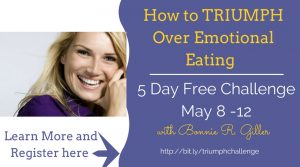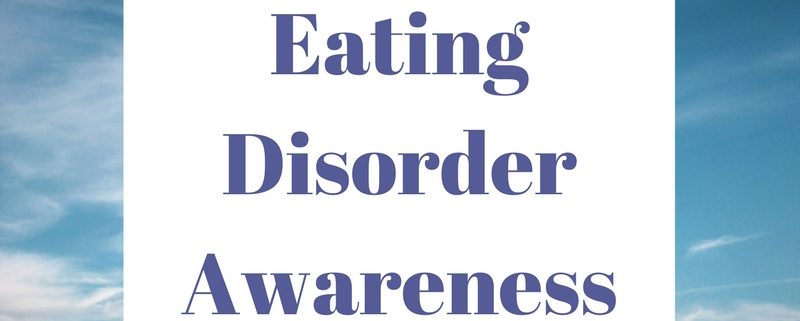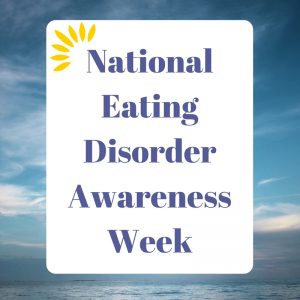How Do I Stop Eating Impulsively?
 To someone just hearing about intuitive eating, it sounds glorious, almost too good to be true.
To someone just hearing about intuitive eating, it sounds glorious, almost too good to be true.
“You mean I can eat all those foods I’ve deprived myself of all those years? And still lose weight? Where has this been all my life?”
So, before I delve too deeply into the topic for today (which I’ll reveal in a moment), let me be sure that I am clear about something very important regarding intuitive eating.
Intuitive eating is not about losing weight. It’s about changing your relationship to food, your mind and your body.
If someone is telling you that they will teach you intuitive eating as a way to lose weight, please run the other way. I’m not saying that some people don’t release excess weight eventually. Some do, some don’t. It’s not the point.
Okay, now that I got that out of the way, let’s address today’s topic which is impulsive eating.
The definition of the word impulsive means “actions based on sudden desires or inclinations rather than careful thought; actions based on emotional impulses; acting under stress of emotion.”
When acting impulsively, you are acting quickly or acting without fully examining the consequences.
So for example, when you impulsively grab for the cookie when you walk in from work because it was sitting on the counter, or you impulsively reach for the ice cream in the freezer after you have an argument with your partner. These are examples of when you act without fully examining the consequences. And it’s only after you finish the cookie(s) or the pint of chocolate fudge ice cream that you stop and wonder “why did I do that again?”
Does this resonate with you?
Do you suddenly find yourself eating without having even thought about it first?
Then you feel guilty for “what I have just done…again” and start to criticize yourself for “not wanting it bad enough”?
Impulsive eating can be an emotional roller coaster with triggers at almost every meal that can lead you to overindulge.
And more often than not, there is some emotional reason behind that impulsive decision to eat. It’s just that sometimes it’s not so easy for you to figure it out. But, you have the power within you to identify the WHY behind your impulsive eating. You must first become aware in order to have change.
I’m going to show you how to start this process in my FREE 5-Day Challenge called ‘How to Triumph Over Emotional Eating’. This challenge will help you begin to break your pattern of emotional eating. Together we’ll find YOUR power.
Register for Free HERE!
During the 5 days, you’ll learn my “6 P’s to Success” in changing your relationship to food, so food no longer has power over you. Each day you’ll receive an email with training and a quick assignment to complete. Then later that day we will meet in our Facebook group for a Facebook Live training to dig deeper into that day’s lesson. You’ll also be able to can ask questions and get my personal help.
This challenge will help you triumph over emotional eating and give you the tools you need to succeed.
As a bonus, you will have a chance to win prizes just for participating in the challenge! You will also get access to all 5 videos after the challenge is over.
What are you waiting for? Head over to http://dietfreeradiantme.com/howtotriumphchallenge and sign up today to secure your spot!






